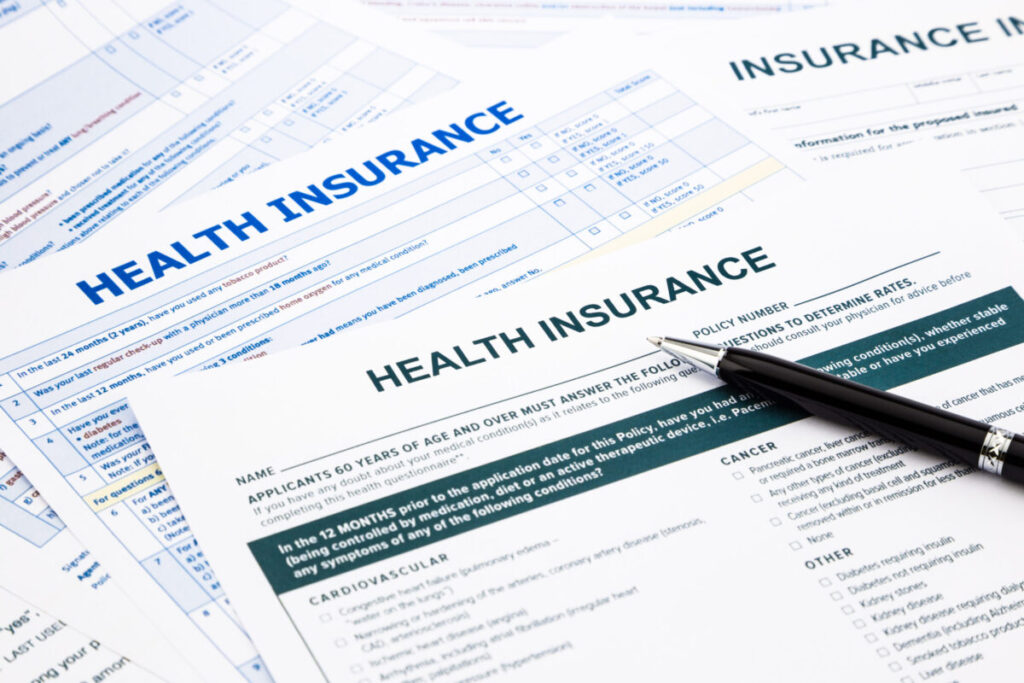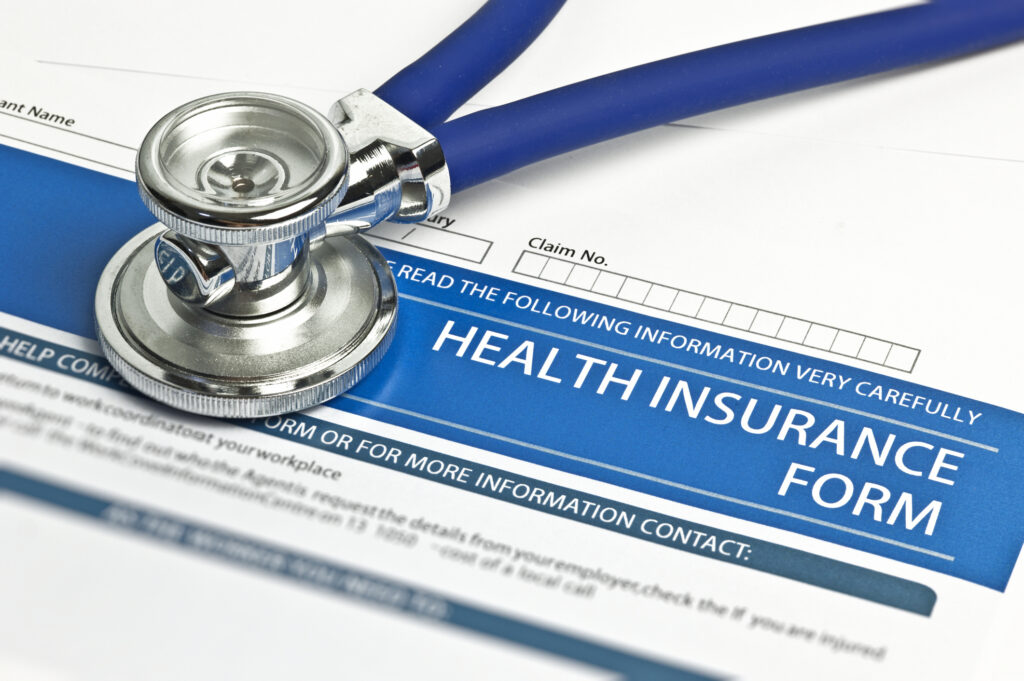Across the nation, states are responding to the coronavirus (COVID-19) pandemic using flexibility permitted by federal waivers and maximizing their resources as they work collaboratively with municipalities, health plans, hospitals, and marketplaces to address the severity of the COVID-19 epidemic within their borders.
The federal government has offered Medicaid waivers to give states critically-needed flexibility to quickly increase their health care workforces by relaxing licensing requirements and expanding their practice sites to serve more patients.
Medicaid Waivers Help States Expand Workforces and Care Sites
Under the recent federal national and public health emergency declarations made to address COVID-19, the Department of Health and Human Services (HHS) Secretary has the authority under Section 1135 of the Social Security Act to waive or modify certain Medicare, Medicaid, and Children’s Health Insurance Program (CHIP) requirements to ensure access to health care items and services for enrollees during the emergency time period. For a more detailed summary of the “blanket” waivers of certain provider requirements that CMS is allowing, view this fact sheet.
States can also seek additional Medicaid and CHIP flexibilities by applying for state-specific Section 1135 waivers. Generally, waivers allow states to rescind certain administrative requirements in order to quickly increase their health care workforce and practice sites. Florida and Washington State have received federal approval for 1135 waivers last week, and yesterday the Centers for Medicare & Medicaid Services (CMS) approved 1135 waivers in 11 additional states – Alabama, Arizona, California, Illinois, Louisiana, Mississippi, New Hampshire, New Jersey, New Mexico, North Carolina, and Virginia. Some examples of the key components of the approved waivers include:
- Florida received approval for a Section 1135 waiver to provide flexibilities in Medicaid provider screening, forgo certain pre-admission screening and annual resident review assessments, lift prior authorization requirements, allow the provision of facility services in alternative settings, and extend fair hearing timelines.
- Washington State received the green light to modify its Medicaid rules and is now able to allow providers to bill Medicaid even if they aren’t enrolled with another state Medicaid agency. Normally these health care providers would have to undergo screening, site visits and licensing requirements. The state will also forgo prior authorization requirements as long as COVID-19 is a national emergency.
- North Carolina’s approved 1135 waiver permits the state to quickly increase access to health care providers and allows for alternative settings to deliver care. (While not approved by CMS at this time, the state asked for the authority to modify Medicaid benefits and cost sharing, cover housing, and provide healthy meals to families who don’t have access to them.)
Other states are in the process of seeking 1135 waivers:
- Nevada is seeking an 1135 waiver to streamline and accelerate access to vital services to build in more flexibility for its long-term care and possibility allowing care in alternative settings, and an and “Appendix K” waiver to target the needs of home and community-based health services.
- Indiana’s application asks for permission to waive several Medicaid and CHIP requirements to streamline provider enrollment and prior authorization requirements for some providers and allow health care to be delivered in alternative settings, including unlicensed facilities if necessary. It requested a total of eight specific program flexibilities in addition to the available blanket waivers.
In Tennessee, a state that did not expand Medicaid under the Affordable Care Act, Gov. Bill Lee said he is in negotiations with the federal government to use TennCare (Medicaid) funds to pay for targeted COVID-19 treatment for residents who lacked health insurance or did not qualify for Medicaid.
Some states have also implemented these innovative actions to increase hospital and health care workforce capacity:
- New York ordered its hospitals to increase capacity by at least 50 percent and recruited 30,000 retired providers to immediately begin caring for patients, bypassing onerous administrative credentialing.
- Washington State increased its ability to respond to health care surge demands by reducing credentialing delays for health care workers and allowing managed care organizations to fill positions with substitute heath care providers.
- The Texas governor granted waivers to allow hospitals to increase the number of unused beds without having to apply or pay additional fees and directed the Department of Insurance to issue an emergency rule regarding telemedicine care for patients.
- Rhode Island’s Department of Health announced that out-of-state health care providers can obtain a temporary 90-day license to practice in the state,
- South Carolina’s Board of Medical Examiners and its Board of Nursing implemented procedures to broaden licensure requirements for out-of-state health professionals to practice in the state during the emergency.
CMS also released new resources to help state CHIP and Medicaid programs respond to the COVID-19 outbreak, including four checklists designed to help states develop new program flexibilities through waivers.
- The 1135 Medicaid and CHIP waiver checklist provides states with a pre-packaged checklist template of commonly requested 1135 authorities.
- The 1115 waiver opportunity and checklist helps states with enrolling and covering beneficiaries in Medicaid and to focus agency operations on addressing the COVID-19 pandemic.
- The 1915(c) Appendix K waiver template assists states in making changes or emergency amendments to their 1915(c) home- and community-based services waivers for flexibilities during the COVID-19 outbreak. CMS has approved three Appendix K applications from Pennsylvania, Washington State, and West Virginia that waive restrictions on community-based organizations, individual and family services, and populations with disabilities. Appendix K waivers allow states to increase the number of people served under a waiver and the pool of providers who can render services. States also can modify service, scope or coverage requirements, exceed service limitations, and add services to the waiver, among other moves.
- The Medicaid Disaster State Plan Amendment template allows states to submit a request for temporary changes in their Medicaid programs, such as temporarily increasing provider reimbursement or broadening temporary coverage.
States can also submit a disaster relief State Plan Amendment for their CHIP programs to implement temporary adjustments to cost-sharing requirements or enrollment and redetermination processes. CMS also has a specific COVID-19 webpage on Medicaid.gov that contains resources and other information for states.
State-Based Marketplaces Offer Special Enrollment Periods
State-based marketplaces (SBM) in California, Colorado, Minnesota, and Vermont joined Connecticut, Maryland, Massachusetts, Nevada, New York, Rhode Island, and Washington State to open temporary special enrollment periods (SEP) to allow uninsured individuals to enroll in health insurance coverage.
While SEP dates vary by state, each provides a very limited window to help ensure that more individuals in a state are covered in the case the individuals need treatment or services. SBMs also continue to serve as a resource for consumers by sharing relevant resources, such as education about which relevant services are covered under their insurance plans. The federal government has not opted to open a SEP in states that use the federally-facilitated marketplace, despite calls from state leaders and major industry groups to do so.



